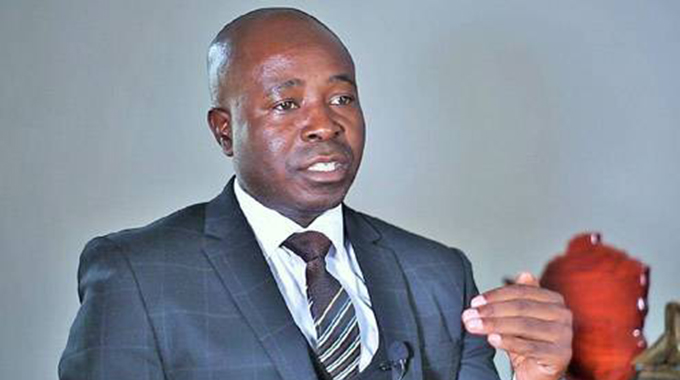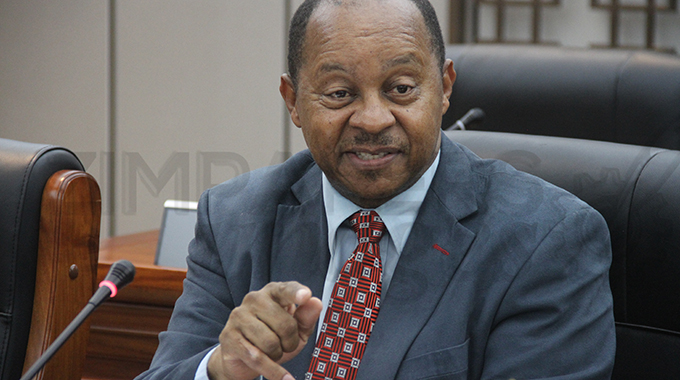Businesses welcome US$ relaxation

Farirai Machivenyika Senior Reporter
The black market exchange rate for the United States dollar is likely to fall following the relaxation of the usage of free funds by the Reserve Bank of Zimbabwe (RBZ) on Thursday.
Business leaders and worker representatives, however, expressed reservations on the fixing of the exchange rate.
In its pronouncement, the RBZ allowed holders of free funds to pay for goods and services in foreign currency, while the exchange rate was fixed at $25 to US$1.
Confederation of Zimbabwe Retailers Association (CZRA) president Mr Denford Mutashu said the policy would make it easier for businesses to restock as the country battled the Covid-19 pandemic.
“We view the move as progressive as it is going to unlock the availability of basic commodities on the market in light of the global challenges brought about by the Covid-19 pandemic,” he said.
“This flexibility shown by the Government was long overdue and we believe it will redirect the foreign currency to the formal market, which was not the case before as most of the money was going to the informal market where players were accepting payments in US dollars or rand.
“We now await the Statutory Instrument that will formalise this policy and lay out implementation modalities, but we have to take note that most prices are already indexed on the parallel market exchange rate.”
Mr Mutashu said the fixing of the exchange rate could pose its own challenges as it was below the black market rate where some players were already accessing foreign currency requirements.
The rate was around $40 to US$1 at the black market yesterday after shading some points following the announcement of the new measures.
Zimbabwe National Chamber of Commerce (ZNCC) chief executive Mr Takunda Mugaga said the black market rate could still go down.
“The black market might be suppressed because there may not be any need to look for foreign currency on the black market, so the rates there might go down,” Mr Mugaga said.
He said the fixing of the exchange rate could send the wrong signal to the market.
“We may end up having unintended consequences,” said Mr Mugaga.
“My other fear is that this may demotivate exporters and result in leakages if you force them to surrender their money at a rate of US$1: $25 when they are operating in an inflationary environment.
“So, going forward, the RBZ should not tamper with the exchange rate as this brings confusion to the market.”
Mr Mugaga said given that the policy was a response to the Covid-19 outbreak, it was not clear what will obtain after the virus is contained, bringing further uncertainty to the market.
Zimbabwe Congress of Trade Unions (ZCTU) president Mr Peter Mutasa said they had a number of concerns because the policy was not clear on what would happen to the worker in terms of remuneration.
“It is clear that now that businesses have been allowed to accept the US dollar, it will eventually push out the Zimbabwe dollar from the market, yet the policy is silent on workers’ salaries,” he said.
“We also think the RBZ governor should have announced a holistic policy without using the pandemic because the question that then arises is what will happen afterwards?” said Mr Mutasa.
“Will we revert to the Zimbabwe dollar again? We think these inconsistencies will further confuse the market.”
Other measures announced by Dr Mangudya include the suspension of increases in all electronic charges during the emergency, while mobile operators were being engaged to also reduce their charges.
Some observers say the apex bank was supposed to come up with measures to manage the market given that after coronavirus all gold buyers locked away in their countries would flood the market.
Their money does not come through official channels and has been used to fuel black market activities.








Comments